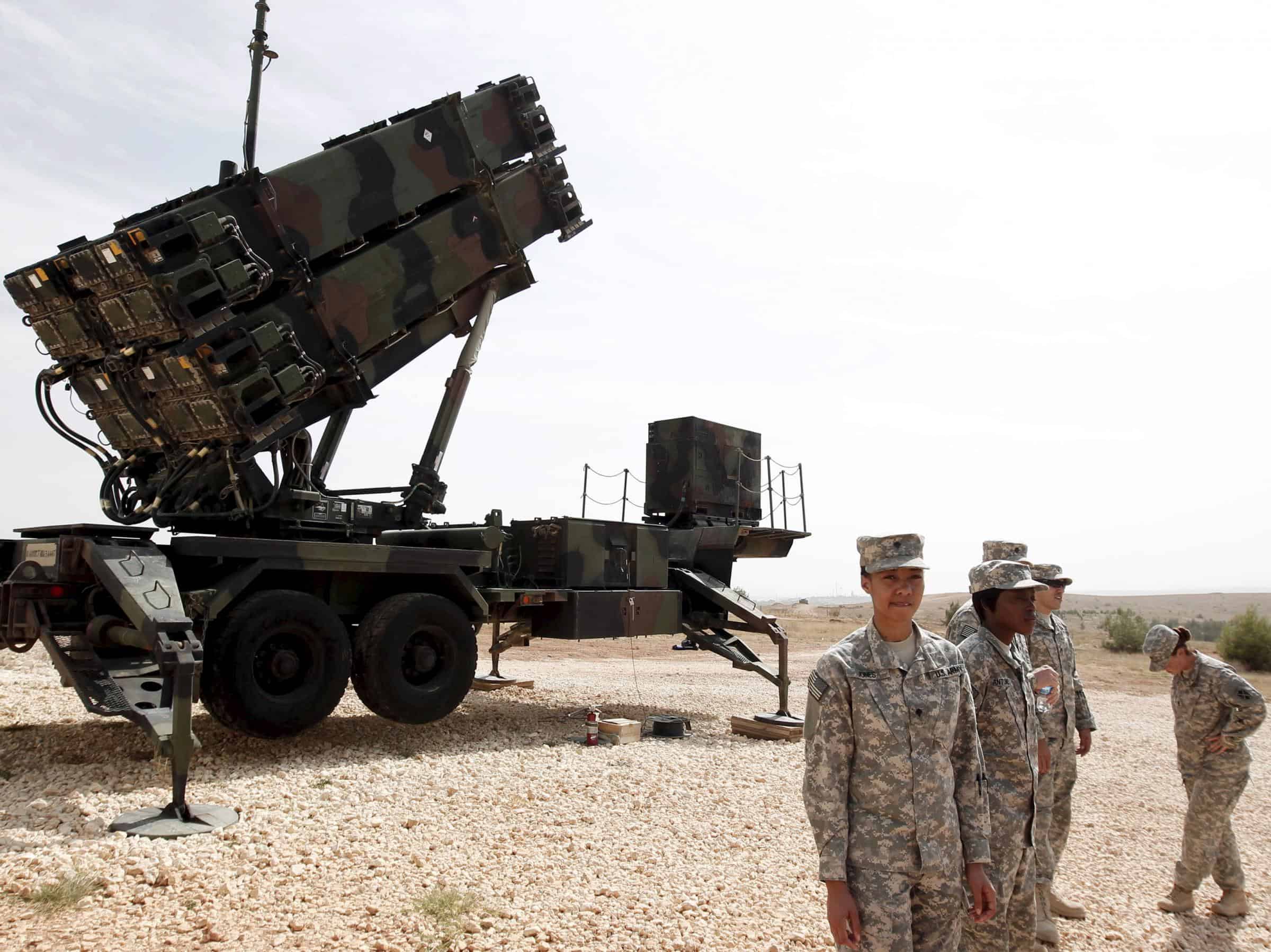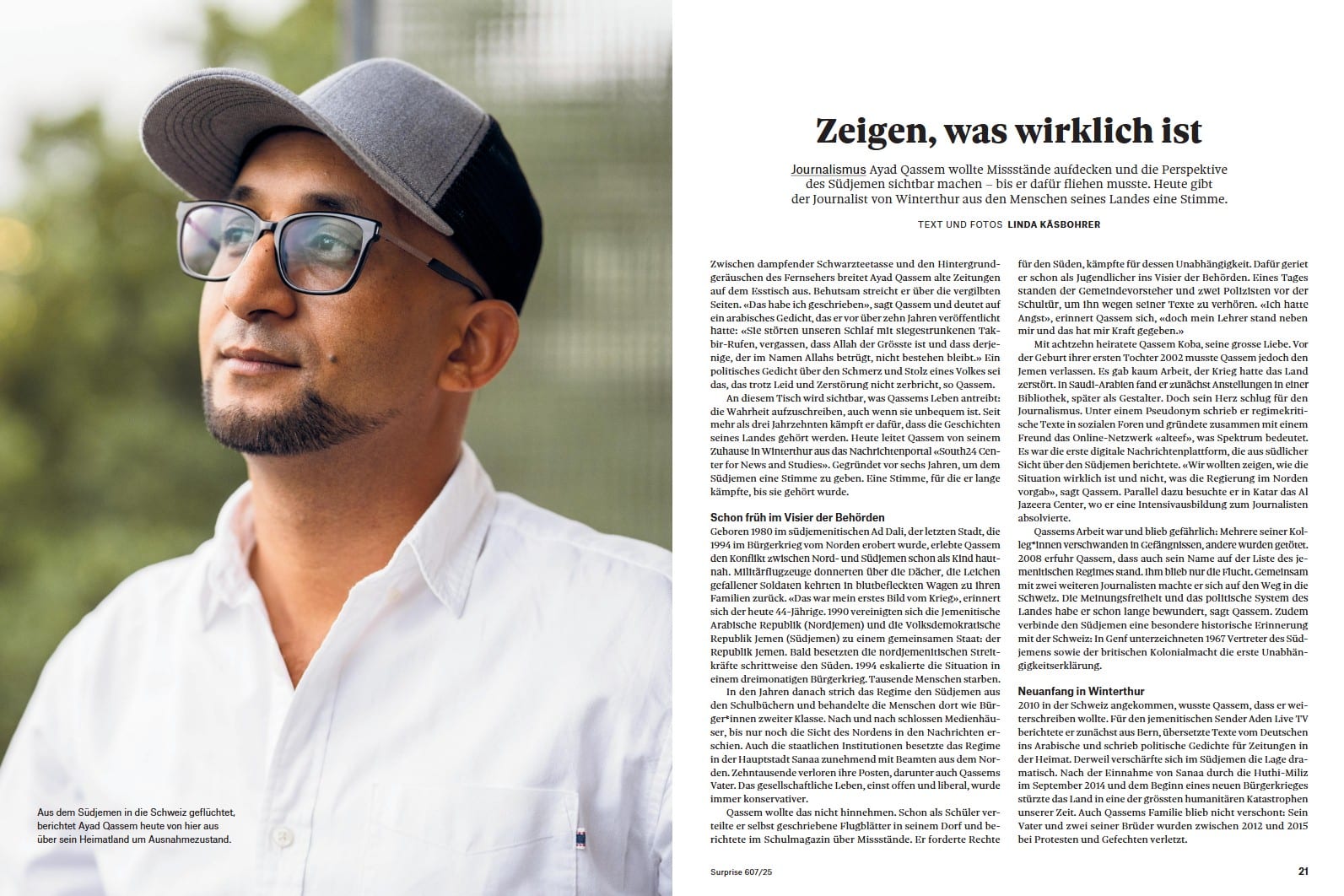
آخر تحديث في: 15-11-2025 الساعة 5 مساءً بتوقيت عدن
Aden (South24)
Saudi Arabia reduced the impact on its air defenses after the US withdraw their defense systems from the Kingdom and other regional countries.
The Saudi-led Coalition spokesperson, Turki Al-Maliki considered the US approach to reduce their presence in the Kingdom will not affect the defense capabilities of the Kingdom. This comes after intercepting the largest amount of Houthi drones in a single day on Saudi territories.
The Wall Street Journal revealed from sources in the US Department of Defense, a decision taken by the Joe Biden administration to withdraw state's defense systems including the "Patriot" and "THAAD" missiles from Saudi Arabia, Iraq, Jordan and Kuwait and relocate them to the US for maintenance purposes according to the Journal.
Al-Maliki stated to media outlet that this will not affect Saudi air defenses.
"There is a firm understanding with our allies on the threats in the region and we have the capability to defend our country", he added.
The American decision comes in a time where President Joe Biden administration sought to defuse tensions with Iran after it escalated in 2019 at the era of former President Donald Trump and the "maximum pressure" campaign he launched against Tehran.
Al-Maliki did not disclose the number of missile batteries the Kingdom has. Greece announced in April that it will supply Saudi Arabia with a Patriot missile battery to protect its infrastructure according to a loan agreement.
Israeli media outlet tried earlier to advertise Tel Aviv's defense system, the "Iron Dome" before their last war in Gaza Strip when the reputation of the popular system was shaken.
Saudi leads a military coalition since 2015 to back the internationally recognized government of Yemen which fled the country since the Houthis controlled the capital city, Sanaa and other regions in 2014.
Houthi Air Escalation
Several areas in Saudi Arabia witness ballistic missiles and explosive drone attacks launched from Yemen towards its airports and oil facilities.
Saudi relies on US Patriot missile batteries to defend their territories against those attacks.
On Saturday, Saudi Arabia intercepted 17 Houthi drone plane which was the largest amount launched by the rebels in a single day since the conflict started according to Al-Maliki.
Drone aircrafts are put on display at an exhibition at an unidentified location in Yemen in this undated handout photo released by the Houthi Media Office July 9, 2019. (Reuters)
Saudi local official said that his country is capable of covering their entire soil with Patriot missiles stressing "the absence of military targets here", and accusing the Houthis of "intentionally" targeting civilians.
The Chinese Threat
Media sites close to Iran saw the decision to withdraw defense systems comes at a time where some countries, like Saudi Arabia, launched a war against Yemen for over 6 years and it's still going.
Shafaq newspaper hinted that the risk of attacks is increasing with the [Houthi's] capabilities to shell the majority of Saudi regions depending on its description.
According to the newspaper, the main intentions pushing Washington to take such step is the decreasing importancy of the Gulf region to Washington especially after the discovery of oil shale in the US.
According to the newspaper, the US's priorities has surpassed the Middle East and shifted towards the Near East "to combat the increasing Chinese military and economic power that compete with the US for future global leadership, especially after building a massive military force by China which the US saw as a threat to its allies in Japan, South Korea, Philippines, Taiwan and Australia."
US President Joe Biden started to decrease his nation's military presence in the Middle East. An aircraft carrier and surveillance systems were withdrawn alongside at least 3 anti-missiles "Patriot" batteries from the Gulf region as part of a wider strategy to mobilize US military capabilities to confront China.
Iranian Influence Appetite
The American step is likely to open the Iranian influence appetite in the region to achieve further intervention and increase escalations against their historic rivals through its proxies in Yemen, Iraq and Lebanon.
It's worth noting that the US decision came in parallel with the arrival of the new (elected) president for Iran, Ebrahim Raisi, the accused – according to international human rights organizations' – of killing thousands of dissidents in the 80s. Raisi has a strict position towards the Iranian nuclear program and raised concerns to Israel after coming to power.
All GCC countries - except for Saudi Arabia - commended the election of the new Iranian president Ebrahim Raisi as did the Houthis.
Houthi's escalation against Saudi Arabia and in Marib, North Yemen comes at a time where the UN, Washington and regional capitals perform major diplomatic efforts to reach a ceasefire in Yemen.
Last Tuesday, the UN Special Envoy to Yemen, Martin Griffiths during his Security Council briefing has admitted to the failure of his efforts to set an end to the circulating war in the country and this comes at the end of his mission that lasted for three years.
The conflict left tens of thousands of people dead and pushed about 80% of the people to rely on humanitarian aid in the world's worst humanitarian crisis as described by the UN. This has led to the displacement of millions and leaving an entire country on the verge of starvation.
Sources: South24, Reutres
Photo: Osman Orsal/Reuters/Landov

قبل 3 أشهر

قبل 3 أشهر